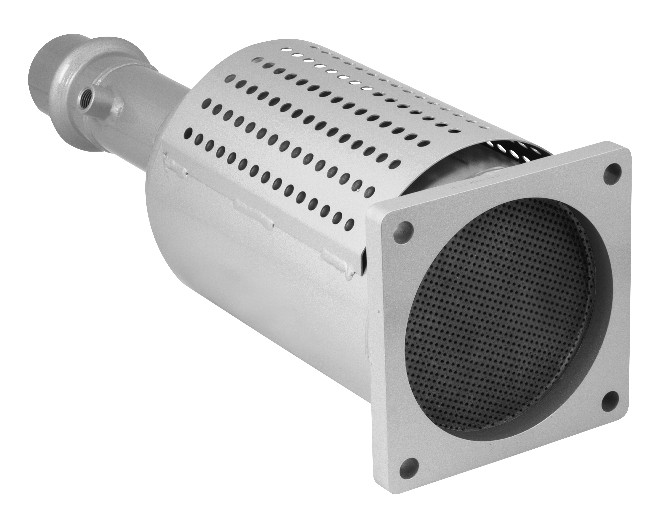 As a leading supplier for the aftermarket, Bosal Automotive and Industrial Components exploits its expertise in the automotive sector to pioneer state-of the-art technology for exhaust systems. Here, it offers mechanics some technical advice on diesel particulate filters (DPFs).
As a leading supplier for the aftermarket, Bosal Automotive and Industrial Components exploits its expertise in the automotive sector to pioneer state-of the-art technology for exhaust systems. Here, it offers mechanics some technical advice on diesel particulate filters (DPFs).
What is the role of a diesel particulate filter?
A DPF operates as an emission-reducing measure in diesel engines by trapping the exhaust stream particulate matter – essentially soot particles – by the process of filtration. This process is an efficient and effective way of removing DPM from the exhaust stream. Once trapped, the accumulated DPM must be dealt with safely and securely. In this so-called ‘regeneration’ process, the soot collected is incinerated at high temperatures with virtually no residues.
What causes DPFs to get blocked?
DPFs must be cleared of the accumulated DPM (diesel particulate matter), either at regular intervals, or during operation. If this isn’t carried out, the filter will eventually block.
DPFs also can and will block prematurely through no fault of their own. If a DPF has blocked prematurely due to a fault further up the exhaust stream, then replacement or cleaning of the DPF won’t solve the issue; it’s very likely that the DPF will block again after a few miles.
Regular replacement takes place after approximately 90,000 miles, so it’s therefore not normal for a DPF to block within just a few miles or months after cleaning or replacing. This clearly shows that there is a fault upstream or the vehicle has reverted to a stop-start repetitive drive cycle for long periods, where no regeneration has been taking place.
What are the factors for regeneration to take place?
For regeneration to occur, there must be a sufficient amount of fuel in the tank – at least a quarter of a tank or around 20 litres of fuel. For a passive regeneration to take place, the soot content must be under 45% on average. It’s unlikely that passive regeneration will occur if engine oil gets diluted and/or degraded with diesel and if fitted with oil quality monitors. The engine oil low SAPS (Sulphated Ash, Phosphorous, Sulphur) and oil filter must be replaced and the quality monitor needs to be reset. It is also recommended that the oil and filter is renewed with any cleaned or new filter fitted.
What damage occurs if DPFs are blocked?
Failure to clean DPFs at recommended intervals can damage or destroy the filter and may also damage the engine due to increased backpressure.
Blocked filters also reduce performance, increase costs and fuel consumption. There are also negative effects on engine components, the injection system and motor oil.
How can this problem be resolved?
Removal and replacement of the filter with a new one is a common solution. However, filter removal can be costly and complex, and a more cost-effective solution for clogged DPFs is a cleaner, such as REGEFLEX®, which not only removes contaminants but provides consistent engine performance and low fuel consumption. Using a cleaner can also dramatically improve the performance of the regeneration process at low operating temperatures and prevent loss of performance. In short, it restores the full intake capacity of the diesel particulate filter.
For more information, interviews or images please contact:
Claire Brown or Kimberley Hornby, Hornby Whitefoot PR
Tel: 07787 505963 E-mail:claire@hornbywhitefootpr.co.uk
Tel: 01858 681122 E-mail: kimberley@hornbywhitefootpr.co.uk
